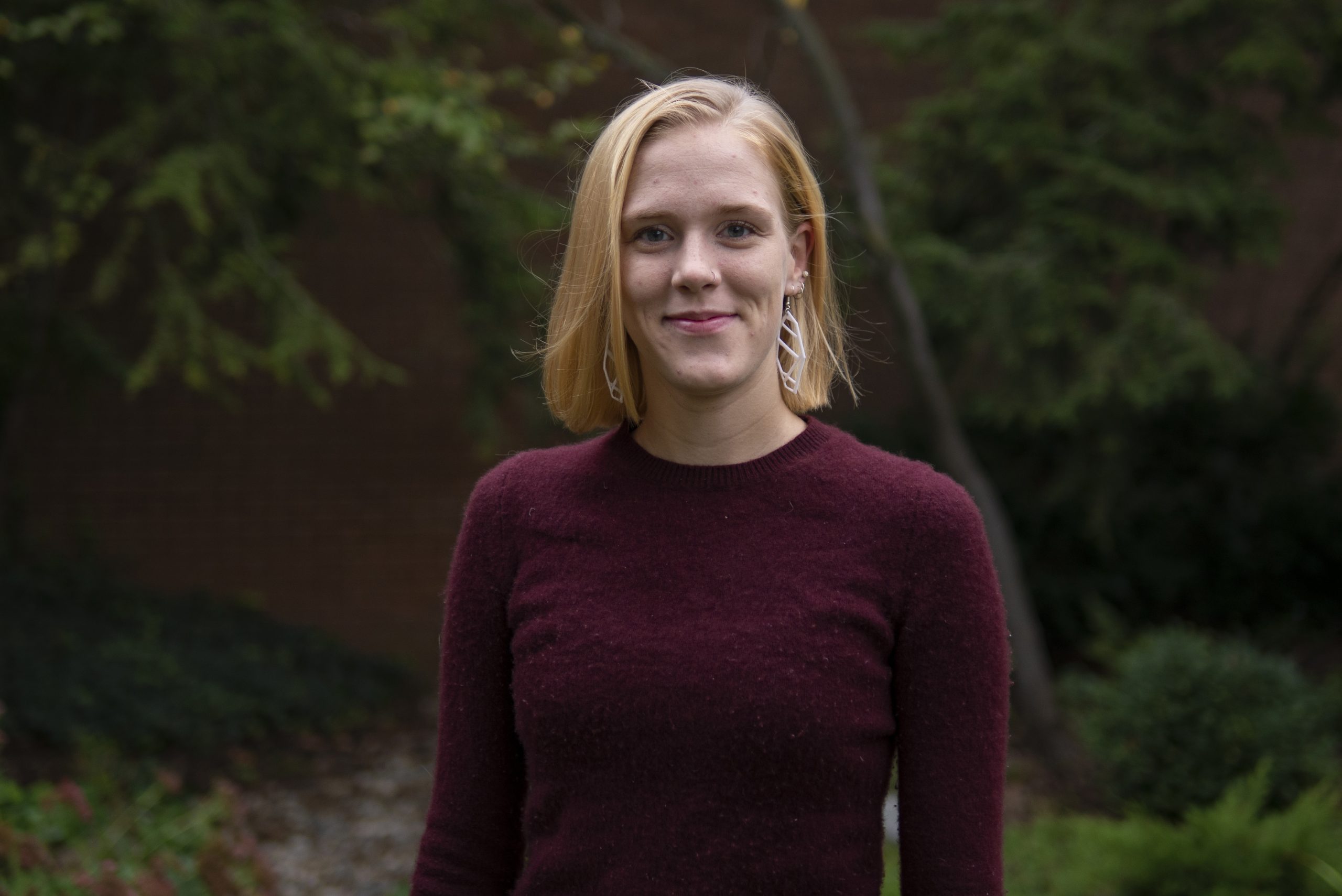Vaccines are routine for most of my friends. They know to relax their arm, look away and take deep breaths.
When I decided to get the COVID-19 vaccine, I asked all the questions: How bad will it hurt? Does it bleed? What if I’m afraid of needles?My road to getting the vaccine was a long one. I have all my childhood vaccines, but at some point, my mom decided that vaccines weren’t safe.
It makes sense to me that our bodies should be able to fight off sickness on their own if we make healthy choices. It also makes sense that giving my body the chance to recognize an illness and fight it off before it became harmful would make it less likely that I would get seriously sick.
I credit changing my mind about this vaccine to three health professionals I met and became good friends with at Rocky Mountain Mennonite Camp during the summer of 2020.
Health professionals have shamed my family, used scare tactics and told us that we might die. Understandably, I didn’t trust people who hurt me like that, but my new friends were different. As we became closer, they found out about my family’s stance on vaccinations and they didn’t shame me.
Instead, they listened and tried to understand.
This helped me start trusting the medical community. When the spring of 2021 came around, I had three people who were willing to answer my questions respectfully, which led to better education on vaccinations and the COVID-19 vaccine specifically.
I made the decision to get vaccinated while being told by my family that I wouldn’t be able to have children or that I would get chipped through the vaccine. My response — and the belief that pushed me over the edge towards vaccination — was that I would rather live in a world where I can safely see and hug my friends and family without the fear of getting COVID-19.
You can ask anyone close to me: there is nothing more important to me than my people. COVID-19 has taken a lot of that away from me, and doing my part to get vaccinated is what will help end this pandemic that we’ve been in for almost two years.
The second reason I decided to get vaccinated was that I didn’t want to live in fear.
I’ve seen too many people live in fear of what a vaccine may do to them. I’ve seen that same fear consume their life. I have committed myself to live a life of trust and compassion, not a life of fear.
When fear runs me, it takes over every part of my life and pulls the joy from it. When I am in a privileged enough position that I can choose not to let fear control me, I will make that choice.
Lastly, I made the decision to get vaccinated based on the core values of social work. I am a social work major and will be graduating in the spring as a full-fledged social worker. One of our core values is social justice, meaning that we are committed to making sure that everyone has equal access to the resources they need. A second core value is service.
I cannot fulfill either of these commitments without being vaccinated.
In addition, social workers are committed to being competent: research, continued education and implementing new knowledge are all essential to the work that we do. This means that when a vaccine has been researched, and we do our own research and know that it is safe, we follow these values and get vaccinated.
In conclusion, I know many people chose the vaccine because of science or because that’s what their family has always done without thinking twice. Science makes sense to me, but my heart and my own values often have a much bigger impact on my decision-making. In the end, the respectful relationships fostered with the medical community and the values that I hold led me to get vaccinated.
The Record staff stands behind both of the opinion pieces published today. We firmly believe that our campus is better served by engaging diverse perspectives from across campus; one of the best ways to resolve differences and come closer as a community is first to listen. We encourage readers to approach these with an open mind and heart. Both guest writers come with their open, honest opinions. At The Record, we respect and commend their desire to make a public, accountable statement, and welcome others to do so as well.




